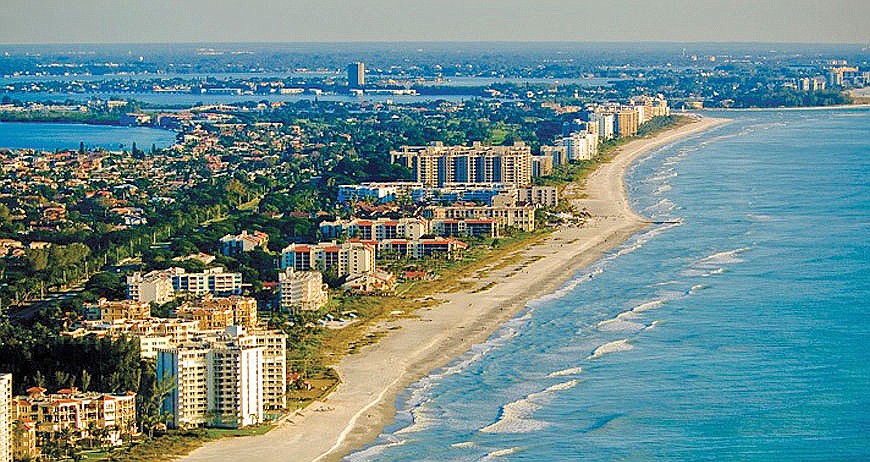- November 23, 2024
-
-
Loading

Loading

You know the cliché: Timing is everything.
This is not good timing.
When the Longboat Key Town Commission meets Monday night for its regular monthly meeting — on election eve, when most people’s minds will be on that — commissioners are expected to begin discussions on the long-awaited proposed updates to the town’s zoning codes.
Talk about a “Get me the No-Doz” issue. And yet, it is, in fact, the most important unresolved issue on Longboat Key; a matter that can determine how Longboat Key will look for next 30 to 50 years; and a matter that indeed will influence the value of every condominium, if not every single-family home, for the next generation or two.
That is no exaggeration.
Anyone who has owned property on Longboat for the past five years and longer likely knows town commissioners have been trying since the Urban Land Institute analyzed the Key five years ago to figure out how to rewrite the town’s zoning codes.
ULI experts essentially recommended starting over (see box). It urged the town “not to amend the town’s comprehensive plan, but to replace it with a new plan tailored to meet the needs of the future.” It recommended abandoning “complicated aspects of the town’s legacy code” and adopting new, “modern codes.”
This is no easy task, as town staff, commissioners and Planning and Zoning Board members have experienced. Ever since 1984, Longboat Key’s zoning codes have grown into what easily are the most complicated, onerous and most costly codes in the region. That also was the year Longboat voters, in an effort to avoid becoming a Miami Beach, amended the town charter in a way that shrunk the Key’s future residential density and thereafter required a referendum if someone wanted to increase the Key’s residential density.
Over the past three decades, Longboaters have liked the town’s restrictive codes, crediting them with the way the Key looks today.
But as time has progressed, the town’s codes are a huge obstacle to the Key’s aging condominium properties being updated.
Over the past two years in earnest, the town’s commissioners, planning board members and town staff have collaborated and advised each other to the point of being ready Monday to present the Planning and Zoning Board’s recommended zoning changes for discussion.
There is some thinking among those involved that the Town Commission could vote to adopt the new codes and changes before the end of the year.
We hope that doesn’t happen.
For one, the proposals need to be explained — clearly and exhaustively — to Longboat Key’s property owners, especially to the owners of every affected nonconforming condominium and resort on the Key. These property owners and their homeowner associations need to understand exactly how the proposed codes would affect redevelopment.
Town officials, for instance, have talked often about how to modify the code in a way that would allow existing, non-conforming condominium complexes to be rebuilt with the same number of units but with, say, higher ceilings; in-house laundry rooms instead of laundromats; and other modern amenities. In other words, allow more cubic feet per unit.
But commissioners and planning board members at the same time have been showing resistance to flexibility in building heights and increasing a complex’s total footprint in exchange for such things as reduced setbacks and green space. An increase in units at these complexes without a referendum is nonnegotiable.
So far as we can tell, the proposals headed to the Town Commission lean far more toward maintaining the status quo and keeping the town’s codes close to what they are now. They are nowhere close to what the Urban Land Institute recommended; they appear far short of meeting “the needs of the future.” There are few signs of innovation and creativity. The intent appears more rooted in the past, of “keeping Longboat Longboat,” rather than exploring what could be.
Let’s hope that when town commissioners begin their discussions on this important issue on the night before the elections, they recognize it is not a night to be voting on any changes so crucial to the future of the town. Longboaters need to be schooled on what these changes will mean.